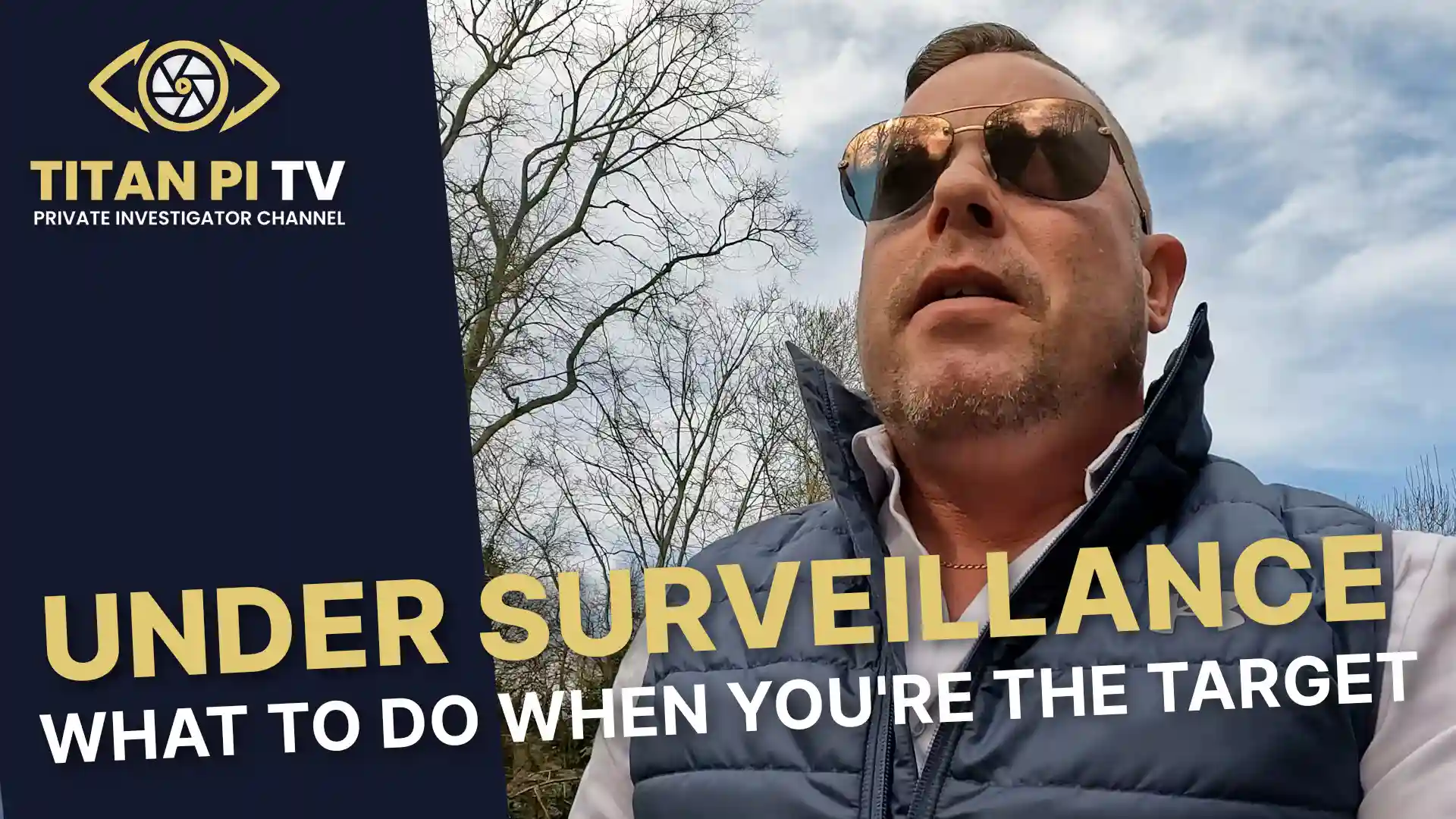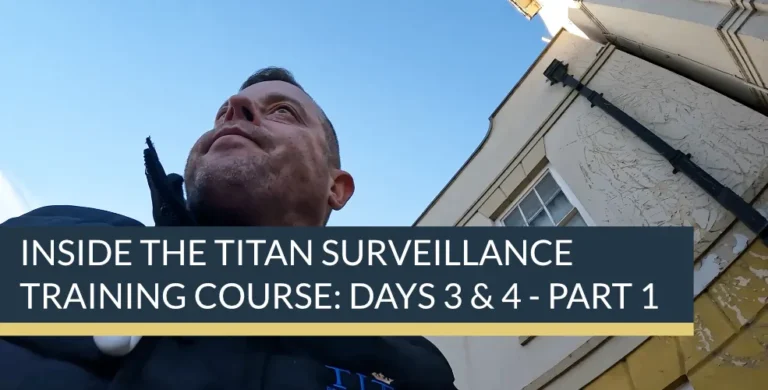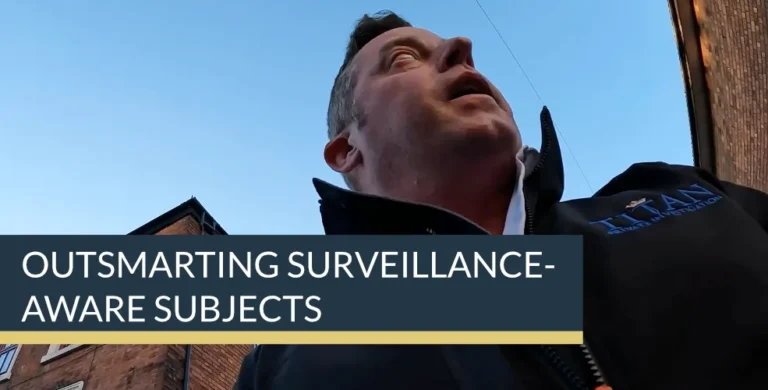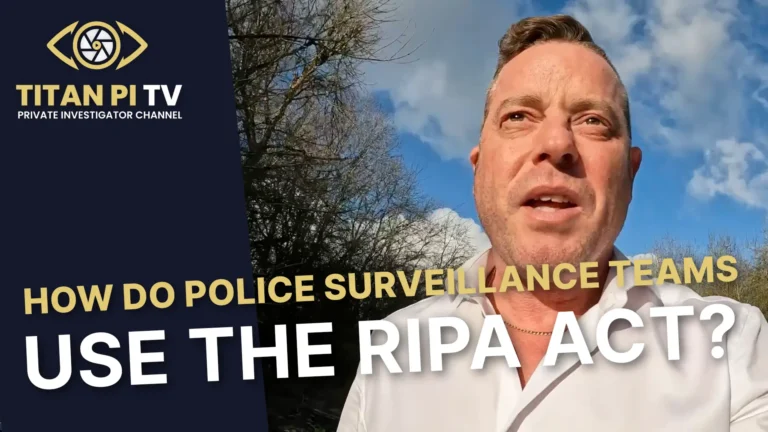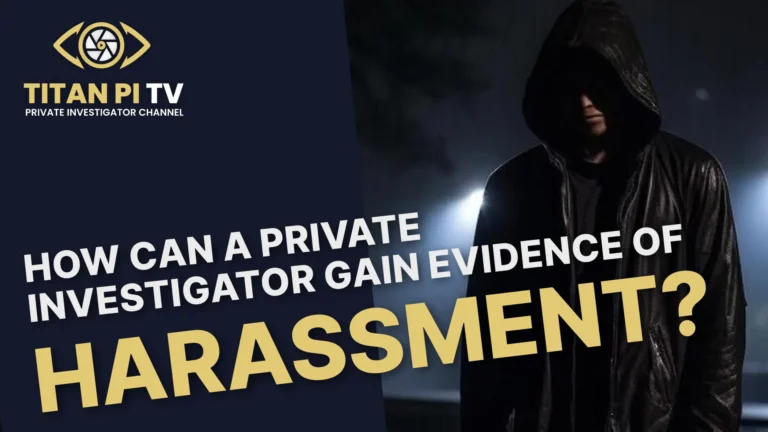Under Surveillance: What to Do If You’re the Target
Welcome to this latest episode of Titan PI TV, with your host Simon Henson. In today’s interconnected world, surveillance has become an ever-present reality. Whether it’s through digital tracking, physical monitoring, or covert observation, the feeling of being under surveillance can be unsettling and intimidating. If you suspect that you are the target of surveillance, it’s crucial to remain calm, assess the situation, and take appropriate steps to protect yourself. Here’s a comprehensive guide on what to do if you find yourself in this position.
Recognising the Signs of Surveillance
The first step in addressing surveillance is identifying whether it’s actually happening. While some forms of monitoring are overt, others can be subtle and difficult to detect. Common signs include:
- Unfamiliar vehicles parked near your home or workplace for extended periods.
- Repeated encounters with the same individuals in different locations.
- Unexplained interference with your electronic devices, such as sudden battery drain or unusual behaviour.
- Suspicious activity on your online accounts, such as unauthorised logins or changes to your settings.
It’s important to note that not all unusual occurrences indicate surveillance. However, if you notice a consistent pattern, it’s worth investigating further.
Stay Calm and Avoid Confrontation
Discovering that you may be under surveillance can be distressing, but it’s essential to remain composed. Acting impulsively or confronting individuals you suspect of monitoring you can escalate the situation and potentially put you at greater risk. Instead, focus on gathering evidence and documenting your observations.
Document Everything
Maintaining a detailed record of suspicious activities is a critical step in addressing surveillance. Keep a log of dates, times, locations, and descriptions of incidents that raise concern. If possible, take photographs or videos of vehicles, individuals, or other evidence. This documentation can be invaluable if you decide to involve legal authorities or seek professional assistance.
Strengthen Your Digital Security
In many cases, surveillance extends to the digital realm. Protecting your online presence is essential to safeguarding your privacy. Here are some key steps to enhance your digital security:
- Use strong, unique passwords for all your accounts and enable two-factor authentication wherever possible.
- Regularly update your devices and software to ensure you have the latest security patches.
- Avoid using public Wi-Fi networks without a virtual private network (VPN).
- Be cautious about sharing personal information online, especially on social media platforms.
Conduct a Counter-Surveillance Sweep
If you suspect physical surveillance, consider conducting a counter-surveillance sweep. This involves checking your home, vehicle, and personal belongings for hidden cameras, microphones, or tracking devices. While you can perform a basic sweep yourself, hiring a professional with specialised equipment may yield more reliable results.
Seek Legal Advice
If you have substantial evidence of surveillance, consulting a legal professional is a prudent step. They can advise you on your rights, help you understand the laws surrounding surveillance in your jurisdiction, and guide you on how to proceed. In some cases, you may be able to file a complaint or take legal action against those responsible.
Reach Out to Trusted Allies
Dealing with surveillance can be an isolating experience, but you don’t have to face it alone. Share your concerns with trusted friends, family members, or colleagues who can provide support and assistance. They may also help you monitor your surroundings and identify suspicious activity.
Consider Professional Assistance
If the surveillance persists or escalates, seeking help from a private investigator or security expert may be necessary. These professionals can conduct thorough investigations, identify the source of the surveillance, and recommend effective countermeasures.
Know Your Rights
Understanding your legal rights is crucial when dealing with surveillance. In the UK, for example, the Regulation of Investigatory Powers Act (RIPA) governs the use of surveillance by public authorities. Familiarising yourself with relevant laws can empower you to take informed action and protect your privacy.
Have you been a target of surveillance?
Being the target of surveillance is a challenging and often unsettling experience. However, by staying calm, documenting evidence, strengthening your security, and seeking professional advice, you can take control of the situation and safeguard your privacy. Remember, knowledge is power—understanding the signs of surveillance and knowing how to respond can make all the difference.
What’s Next on Titan PI TV?
Join us next week as we explore another fascinating topic in the world of private investigation. If you enjoyed this episode, don’t forget to give us a thumbs up and subscribe to Titan PI TV for more exclusive content. You can also listen to our podcast, available wherever you get your podcasts.
Stay tuned for more insights into the world of private investigations. Until next time!
Titan PI TV: Uncovering the Truth, One Investigation at a Time.

